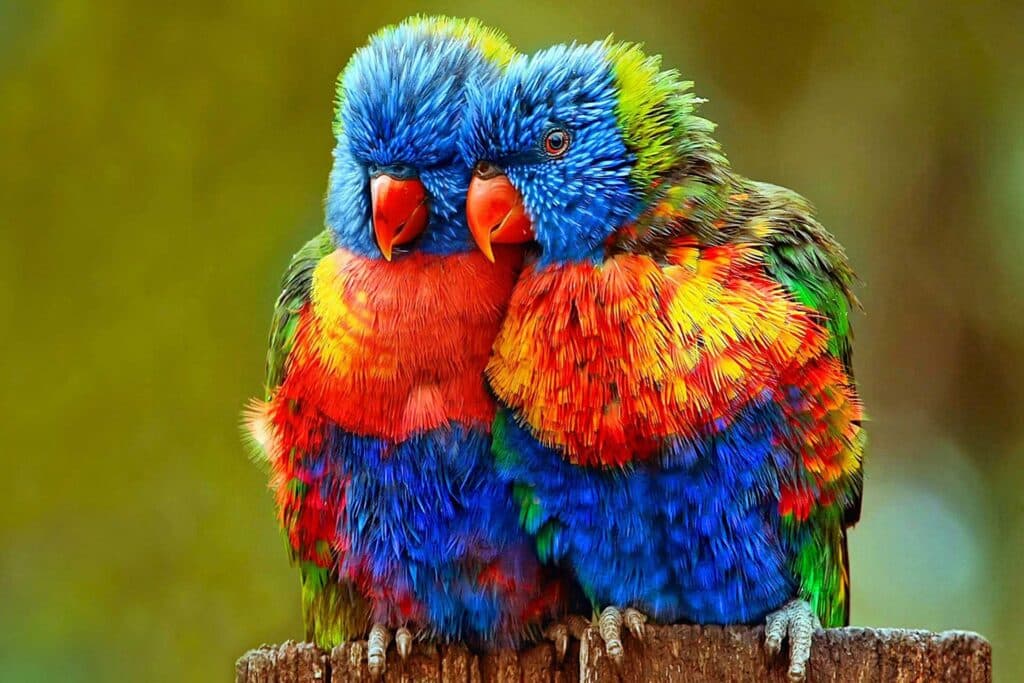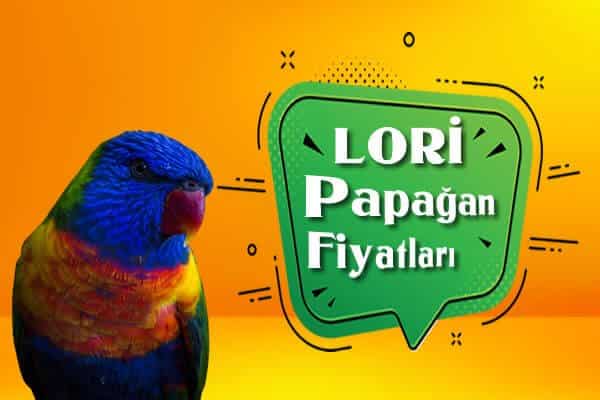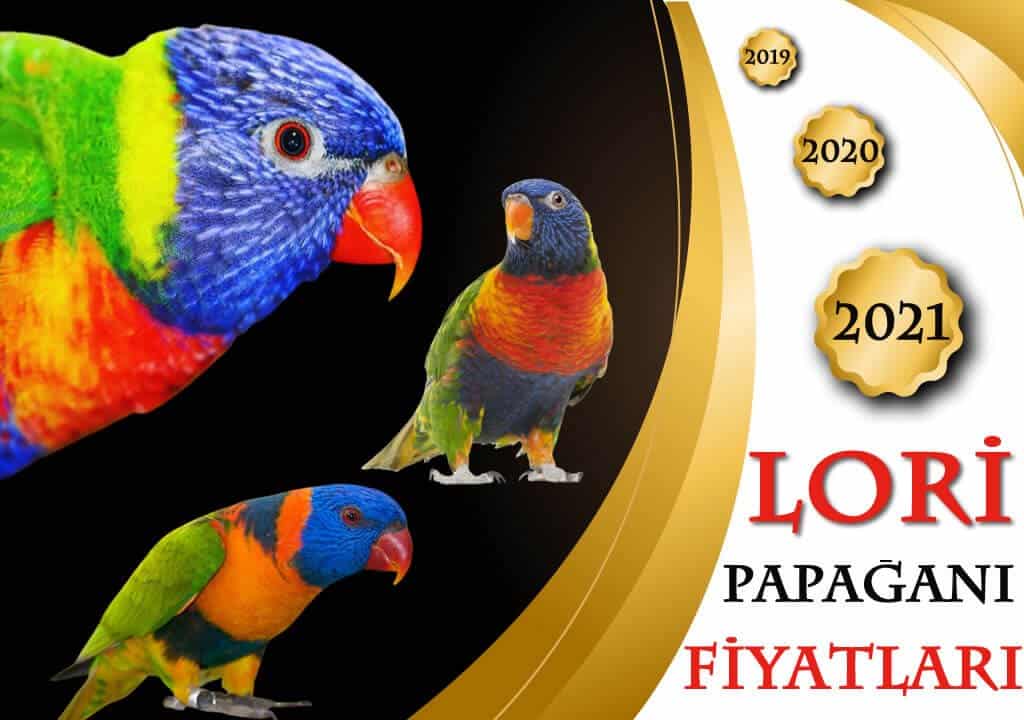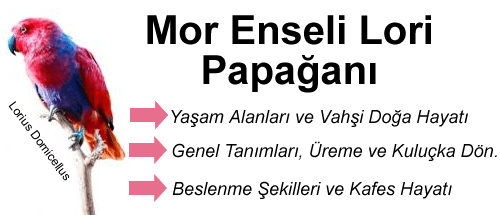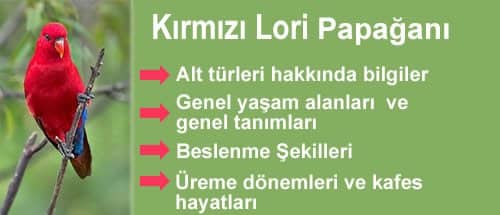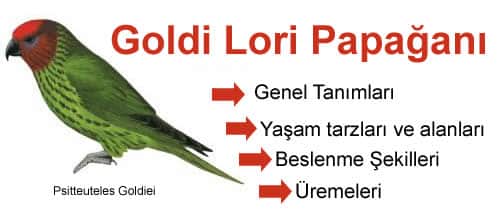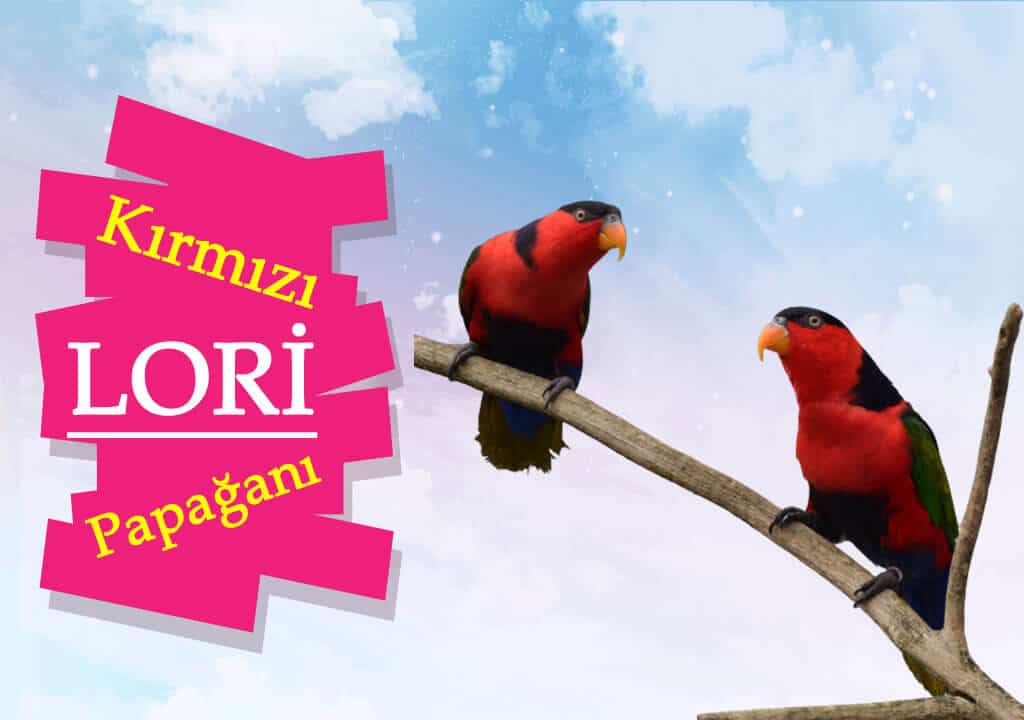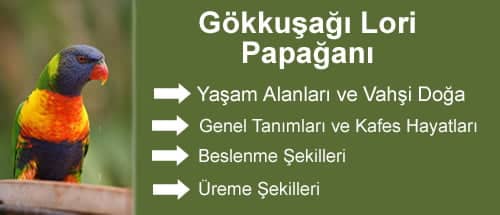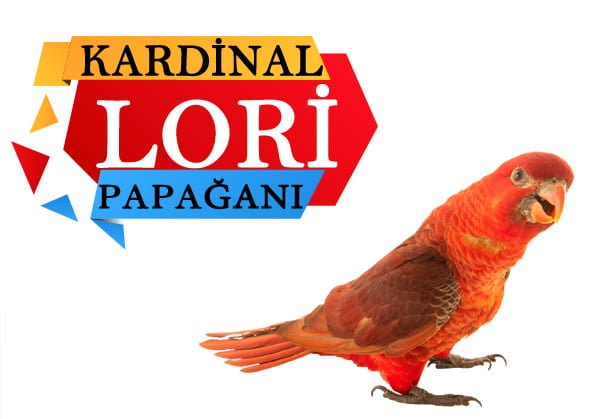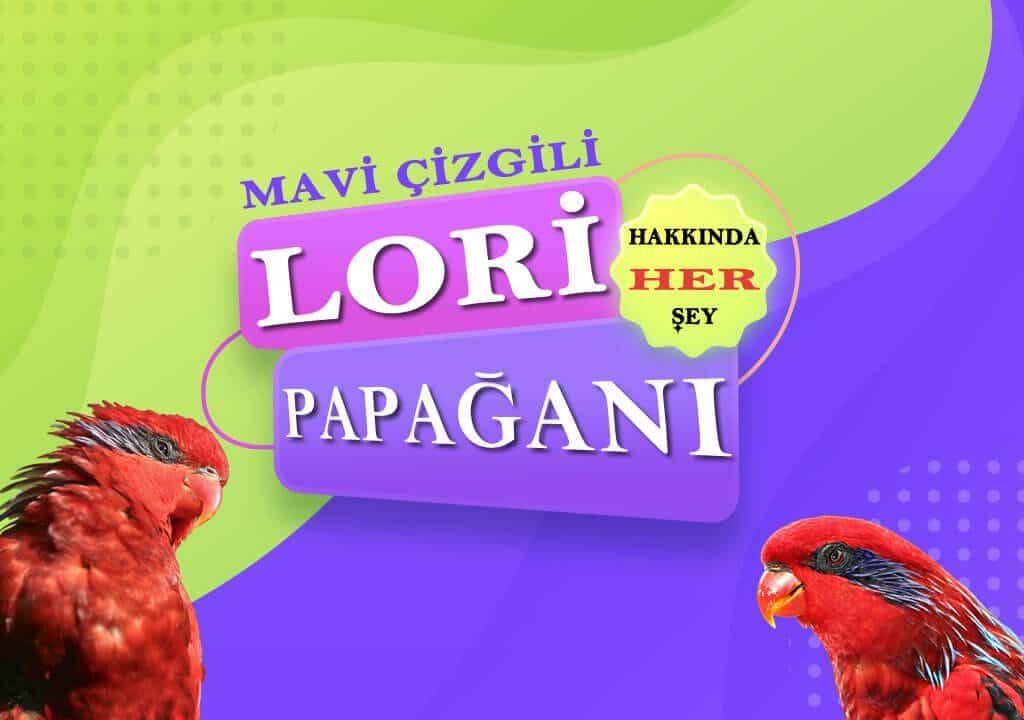Blog
Red Spotted Lori Parrot
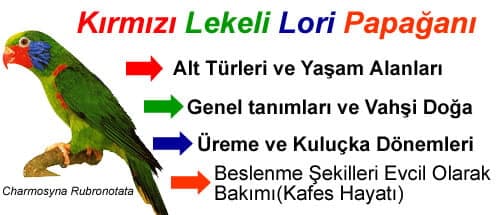
Known Subgenre
- R. Kordoana
Living Areas
Northwest Guinea and Salawati regions are their natural habitats. The subspecies C.R. It is in the Biak district of Kordoana. They are in danger of extinction due to capture by the natives.
They choose tropical forest areas as the region. Except for the period during the incubation period, they live in small groups in the treetops.
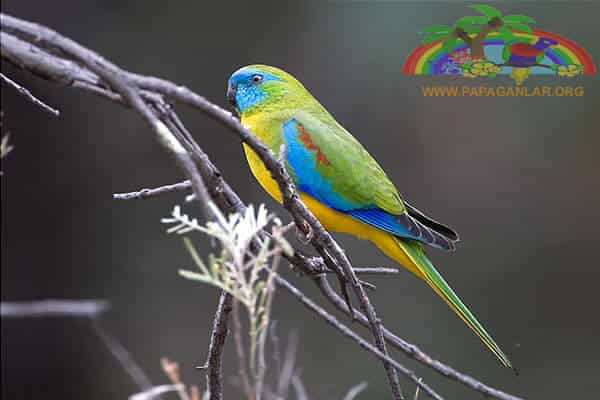
General Description
This species, which is about 17 centimeters long, draws attention with its beautiful and vivid colors like many lory species. Their primary colors range from light to dark green tones. In addition to these colors, their plumage is also available in red, dark blue and even yellow tones.
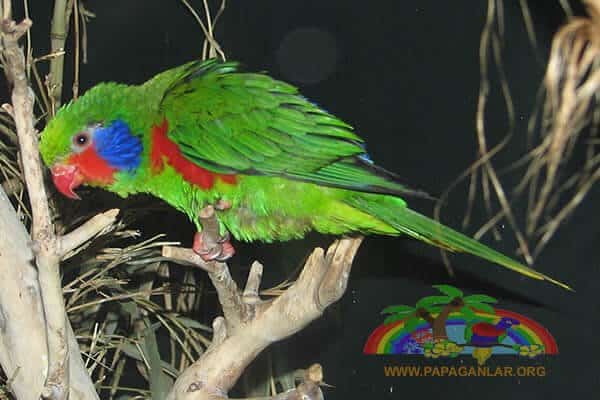
Reproduction
They are said to breed all year round. They choose trees and treetops to build their nests. Each brood has at least 2 eggs. The incubation period takes approximately 22 – 23 days. After hatching, they are fully feathered and ready to fly in 5-6 weeks.
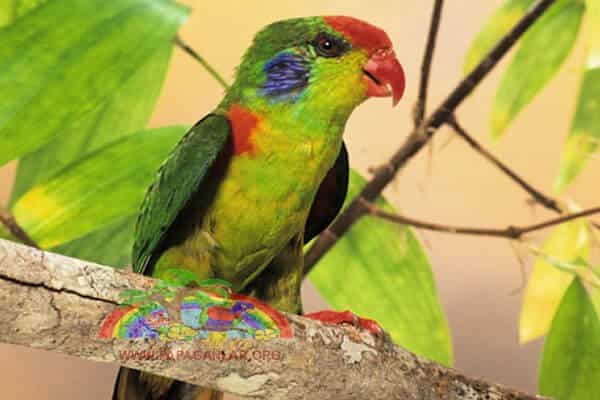
Nutrition Patterns
Like other Loris, they eat flowers, their pollen, fruit juices (fruit nectar) and juicy soft fruits.
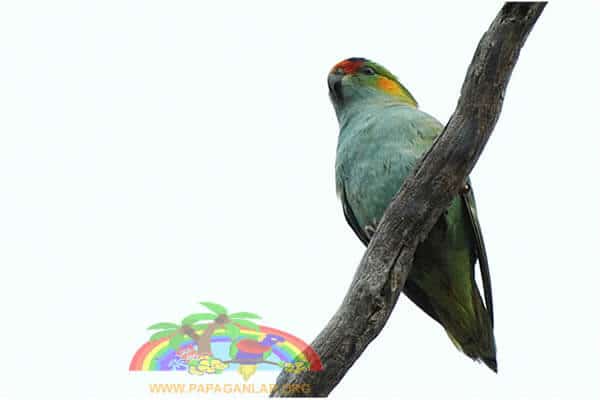
Pet Care (Cage Life)
Lories are preferred in pets because of their tendency to talk and their imitation abilities. The only important thing is that when you buy a Lori, you should consider the different diet and take it accordingly. Since they are very curious and active species, they need attention and a suitable environment that can meet their movement needs during the day. They are the kind of parrots that will make an unexpected noise for their size when they are indifferent or bored.




